Technology is changing our world at an astonishing speed! Its sweeping modifications can be found everywhere and they can be described as both thrilling, wiki.whenparked.com and at the exact same time scary. Although people in many parts of the world are still trying to come to terms with earlier technological revolutions together with their sweeping social and instructional implications - which are still unfolding, they have been woken up to the truth of yet another digital transformation - the AI transformation.
Artificial Intelligence (AI) innovation describes the capability of a digital computer or computer-controlled robotic to perform jobs that would otherwise have been performed by human beings. AI systems are created to have the intellectual processes that define human beings, such as the capability to reason, discover significance, generalize or learn from past experience. With AI innovation, large quantities of info and text can be processed far beyond any human capacity. AI can likewise be used to produce a large variety of new content.
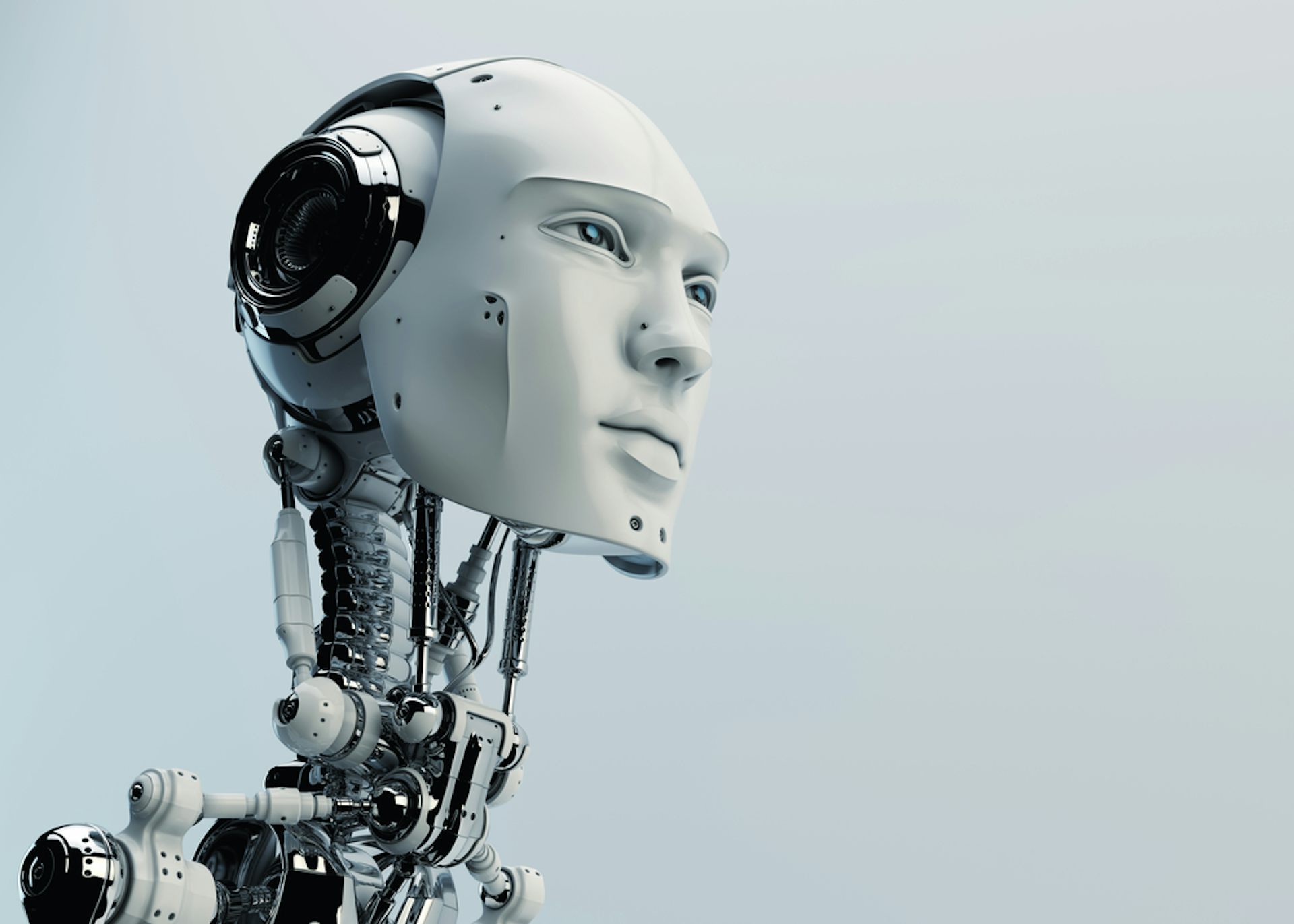
In the field of Education, AI innovation includes the prospective to allow brand-new kinds of teaching, finding out and educational management. It can likewise improve finding out experiences and support teacher jobs. However, regardless of its positive potential, AI also postures significant threats to trainees, the teaching neighborhood, education systems and society at large.
What are some of these dangers? AI can reduce mentor and learning procedures to computations and automated jobs in methods that devalue the function and influence of teachers and weaken their relationships with students. It can narrow education to just that which AI can process, design and provide. AI can likewise worsen the worldwide lack of certified teachers through out of proportion spending on innovation at the expense of financial investment in human capability development.
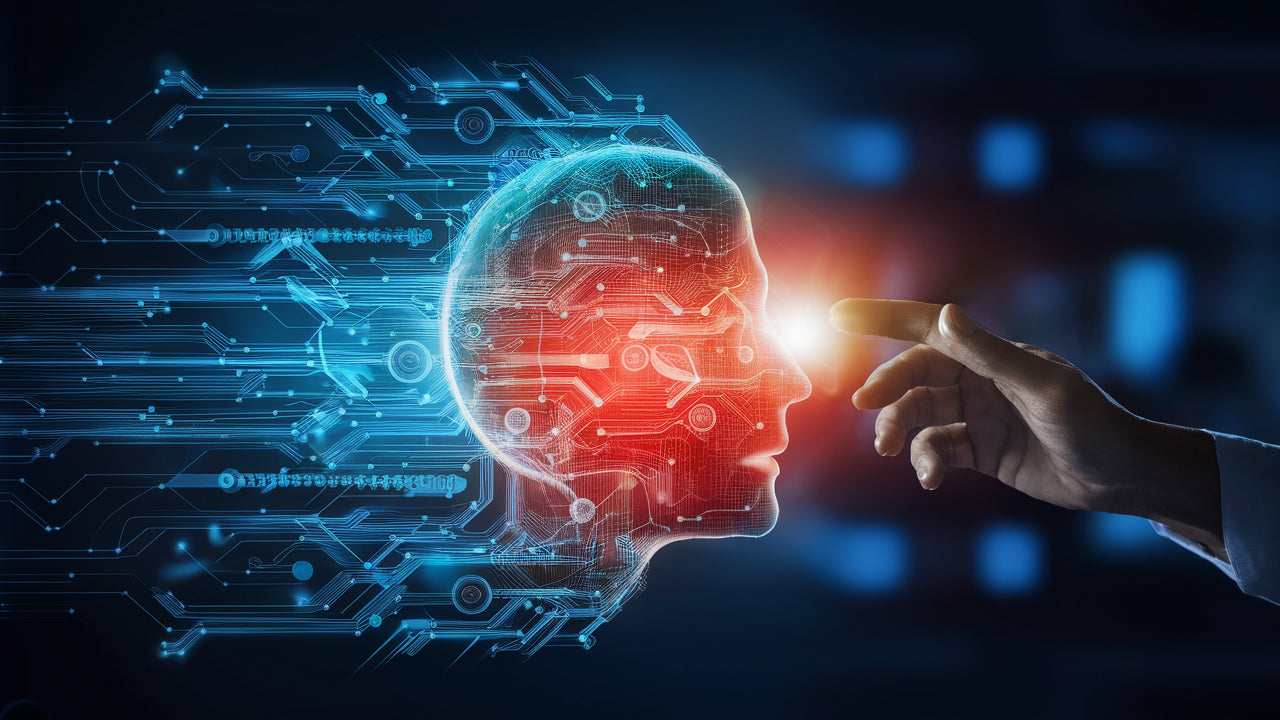
Making use of AI in education likewise produces some essential concerns about the capability of teachers to act purposefully and constructively in determining how and when to make sensible use of this innovation in an effort to direct their expert development, find options to challenges they deal with and enhance their practice. Such essential concerns include:
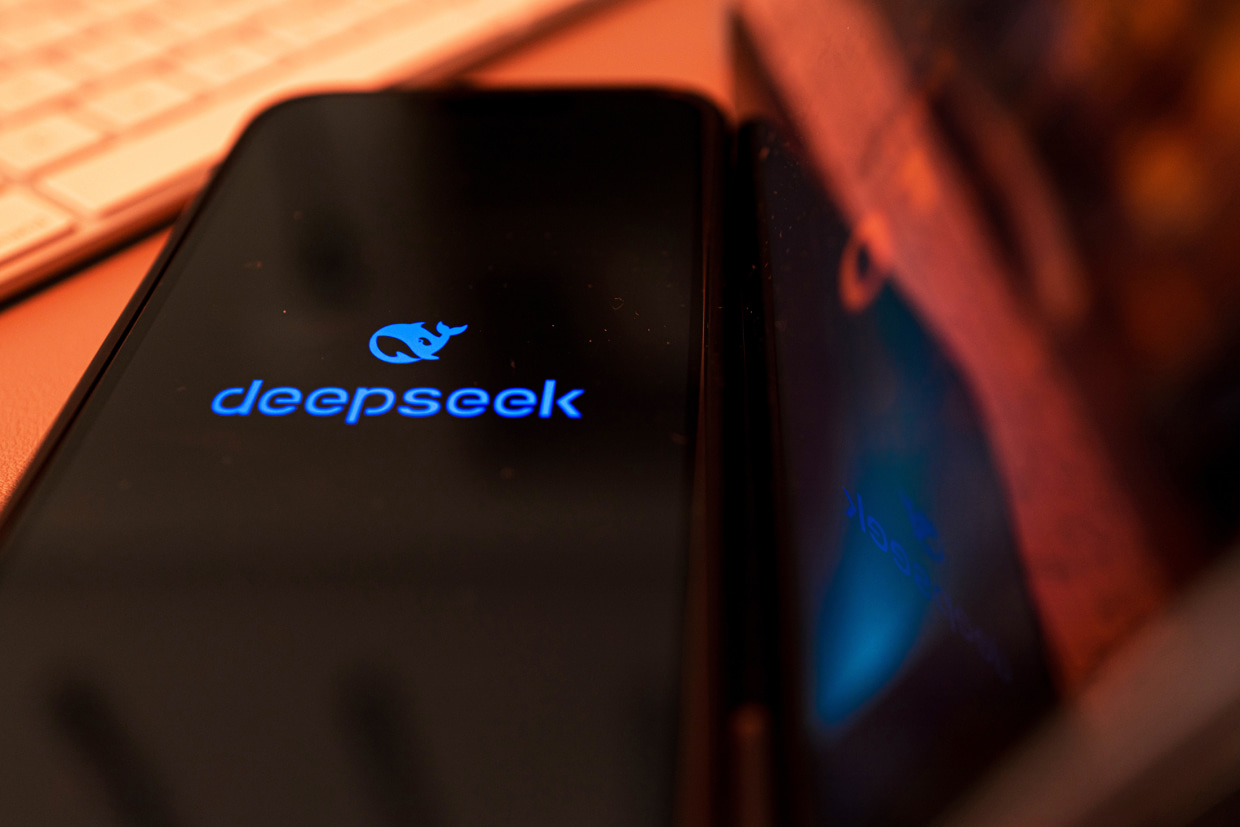
· What will be the role of instructors if AI technology become commonly carried out in the field of education?

· What will assessments look like?
· In a world where generative AI systems appear to be developing new capabilities by the month, what abilities, outlooks and proficiencies should our education system cultivate?
· What modifications will be needed in schools and beyond to help trainees plan and direct their future in a world where human intelligence and device intelligence would seem to have ended up being ever more closely linked - one supporting the other and vice versa?

· What then would be the function or function of education in a world dominated by Artificial Intelligence innovation where human beings will not necessarily be the ones opening new frontiers of understanding and understanding?
All these and more are daunting questions. They force us to seriously think about the concerns that occur concerning the application of AI innovation in the field of education. We can no longer just ask: 'How do we get ready for an AI world?' We must go deeper: 'What should a world with AI appear like?' 'What functions should this powerful innovation play?' 'On whose terms?' 'Who decides?'
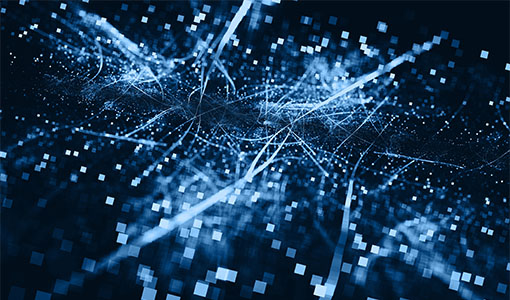
Teachers are the main users of AI in education, and they are expected to be the designers and facilitators of trainees' knowing with AI, the guardians of safe and ethical practice across AI-rich educational environments, and to act as role designs for long-lasting discovering AI. To assume these duties, instructors need to be supported to establish their capabilities to leverage the prospective advantages of AI while alleviating its threats in education settings and broader society.
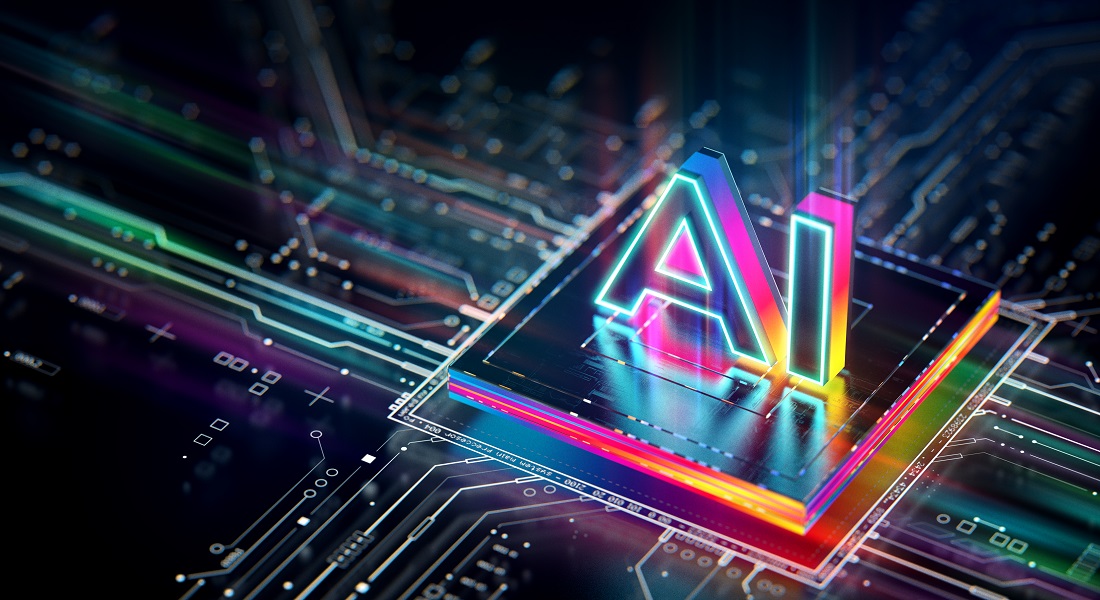
AI tools need to never ever be created to change the genuine accountability of teachers in education. Teachers must remain responsible for pedagogical decisions in using AI in teaching and in facilitating its usages by students. For instructors to be responsible at the practical level, a pre-condition is that policymakers, teacher education institutions and schools presume obligation for preparing and supporting instructors in the appropriate use of AI. When introducing AI in education, legal protections must also be established to secure teachers' rights, and long-term monetary dedications need to be made to ensure inclusive gain access to by instructors to technological environments and standard AI tools as important resources for adapting to the AI age.
A human-centered approach to AI in education is crucial - a technique that promotes crucial ethical and
practical concepts to help manage and assist practices of all stakeholders throughout the whole life process of AI systems. Education, provided its function to secure in addition to help with advancement and learning, has a special commitment to be fully knowledgeable about and responsive to the threats of AI - both the recognized threats and those only simply appearing. But frequently the dangers are neglected. Making use of AI in education therefore requires mindful factor forum.batman.gainedge.org to consider, including an evaluation of the evolving roles instructors require to play and the competencies needed of instructors to make ethical and effective usage of Expert system (AI) Technology.
While AI uses chances to support instructors in both mentor ai in addition to in the management of finding out processes, meaningful interactions in between instructors and trainees and human flourishing must remain at the center of the instructional experience. Teachers should not and can not be replaced by innovation - it is important to safeguard instructors' rights and ensure sufficient working conditions for them in the context of the growing use of AI in the education system, in the work environment and archmageriseswiki.com in society at large.








